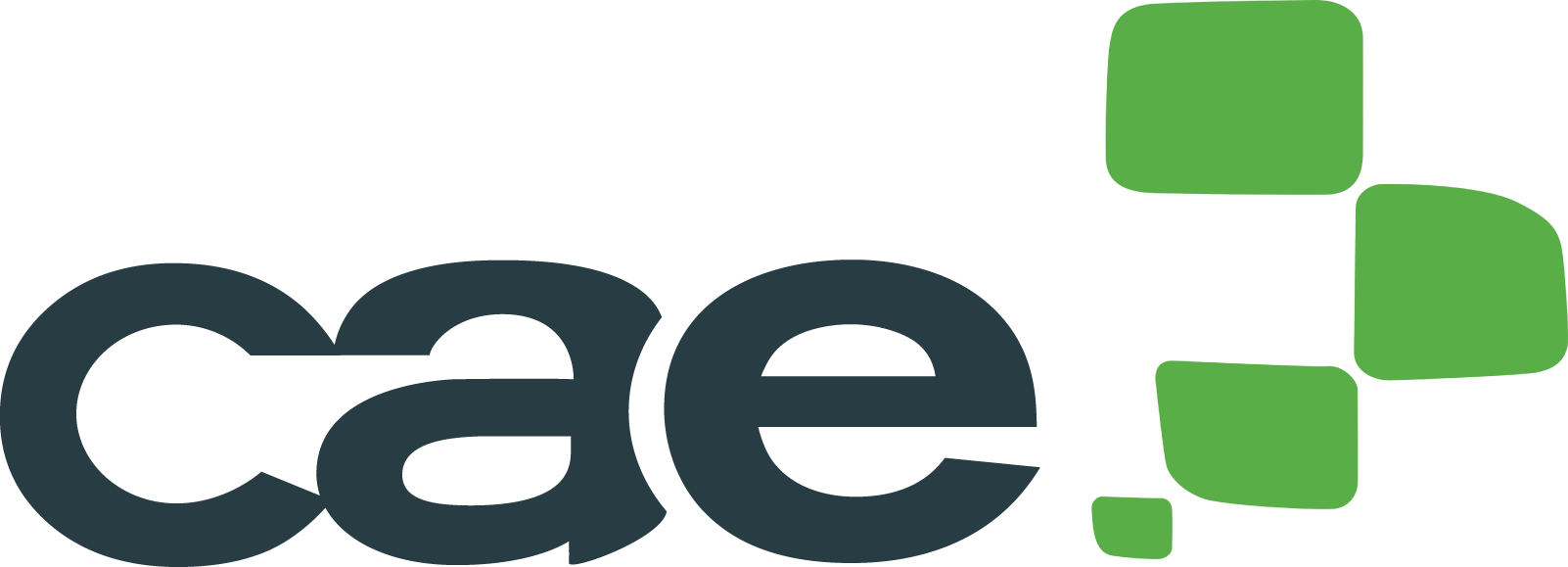A few years ago, just after the start of the 21st century, the expression “e-learning” became common in large companies, a training method encouraged by Human Resources. At the time, the internet was already a part of daily life and the SCORM standards (Sharable Content Object Reference Model) began to establish themselves despite notable flaws in tools for generating online content. The first virtual classrooms developed into what we know today as learning platforms. Meanwhile, the media kept repeating that we lived in the digital era. A very significant part of society still felt that the future had arrived overnight and that there was no way of improving tehe innovations they witnessed then.
This could not be further from the truth. The digital era is a process. It is a natural evolution which responds to the information and communication needs of society through technologies which provide immediate access to content, people and institutions. It is an evolution in which people digital were already involved in thanks to the almost instinctive use of technologies and devices which today form our habits, our way of learning, communicating, and even relating to each other.

6 reasons to open the way for learning platforms: LMS and LMCS
The learning platform or LMS (Learning Management System) is the greatest expression of this evolution in the teaching sector. Today, it still coexists with the traditional book, understood as a resource oriented towards consultation, and even as a source of wisdom. However, the capacity for adaptation of knowledge in a constantly transforming world, the requirements of a user who demands skills over repetitive or memory processes, and the conditions of a daily life which requires training times to be optimised through the simple, intuitive and personalised management of information and resources only seems to be in the hands of the learning platform. Let’s see why.
#1. Because it is consistency with our own habits
We live surrounded by mobile devices to access content and communications that interest us when and where we wish. For some time, the accessibility and mobility offered by the learning platform have stopped being concepts to evaluate, and become essential requirements.
#2. Because of the versatility and dynamism of its methodologies
The learning platform offers learning and training as an enjoyable, collaborative and motivating activity, able to involve users, generate a constructive spirit, and encourage the exchange of ideas, opinions and experience which may be useful anywhere in the world. As a result, this philosophy aimed at social environments and interactivity generates considerable professional synergy and networking opportunities. Ultimately, on the LMS and LCMS, knowledge depends more on participation than on memory, making learning an experience which lasts.
#3. Direct, permanent and personalised communication
The learning platform allows the user to discover the development of the course, their achievements and their progress in real time, through fluid communication with tutors and teachers via multiple channels (internal messaging, chats, notifications, etc.). In this way, evaluation and monitoring is easier so that the student can adapt their pace of learning.
#4. All in one. The best control and convenience
A learning platform facilitates the integral management of all factors involved in the learning process. Today, developing an online training course is practically equivalent to managing a teaching institution. Management of students, teachers, tutors, assignment of roles, organisation, academic planning and management, management of communications and access to forums, news, and schedules – all on the same screen, through simple and intuitive functions and tools.
#5. Customised courses. Grow and allow growth
New technology is always new. Innovation is a constant which improves processes, resources and tools capable of encouraging the competitiveness of companies and the development of our lives. In this sense, companies require specialisation and academic centres must adapt their training to current and future situations, so that the next generations can undertake professions which do not yet exist today. Knowledge is more active than ever, and therefore learning platforms are too. How is this shown? Through their scalability: the capacity for courses to grow and incorporate new courses in the same LMCS. It is also shown through the ability to incorporate content developed by the companies themselves or education centres through the SCORM/AICC standard, and for importing courses from any SCORM/AICC provider. Ultimately, it is an educational solution that develops at the same pace as new technologies.
After expressing these 5 reasons, it seems that traditional books stopped being an alternative to learning platforms some time ago. This shows us the need to turn to an e-learning provider with extensive experience and the capacity for offering modern and effective training solutions to companies and teaching organisations.
You may also find interesting:

